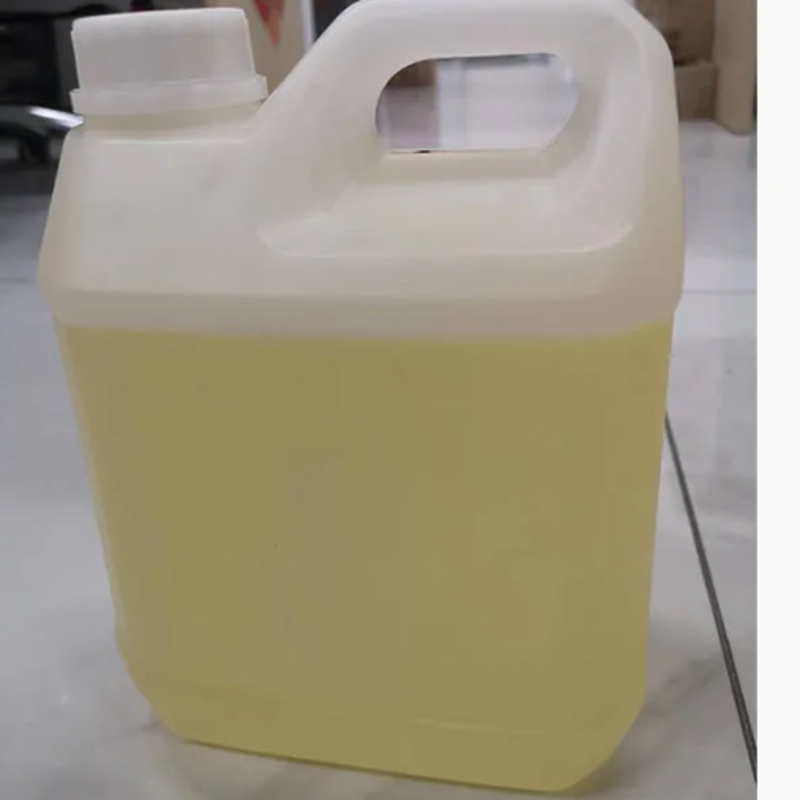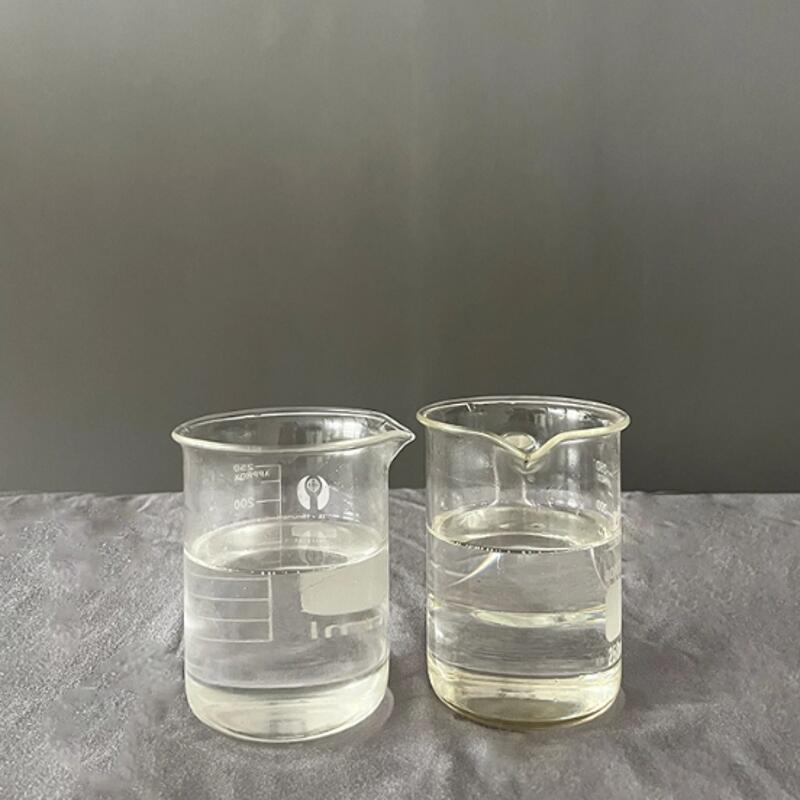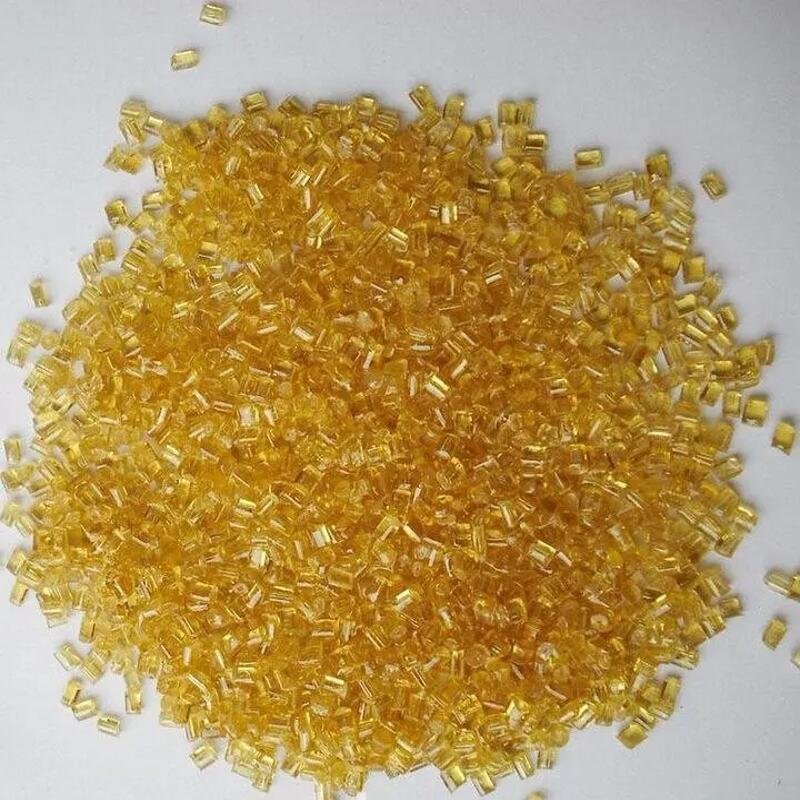-
Categories
-
Pharmaceutical Intermediates
-
Active Pharmaceutical Ingredients
-
Food Additives
- Industrial Coatings
- Agrochemicals
- Dyes and Pigments
- Surfactant
- Flavors and Fragrances
- Chemical Reagents
- Catalyst and Auxiliary
- Natural Products
- Inorganic Chemistry
-
Organic Chemistry
-
Biochemical Engineering
- Analytical Chemistry
-
Cosmetic Ingredient
- Water Treatment Chemical
-
Pharmaceutical Intermediates
Promotion
ECHEMI Mall
Wholesale
Weekly Price
Exhibition
News
-
Trade Service
Plastics have taken the world by storm in the last century and are used in almost every aspect of our lives
.
However, the rise of these synthetic polymers that form the basis of plastics has led to a number of serious environmental problems
.
Worst of these are the overuse of petrochemical compounds, and non-biodegradable materials that are not recycled; only 14% of all plastic waste is recycled, which hardly solves the problem
.
To solve the plastics conundrum, the researchers believe there is a need to develop "circular" systems, in which the source materials used to produce plastics are processed and recycled completely in a loop
.
At Tokyo Institute of Technology, a team of scientists led by Associate Professor Daisuke Aoki and Professor Hideyuki Otsuka is pioneering a new concept
.
In their new eco-friendly process, plastics (bioplastics) produced from biomass are chemically recycled back into fertilizer
.
The research will be published in Green Chemistry, a journal of the Royal Society of Chemistry that focuses on innovative research in sustainable and eco-friendly technologies
.
The team focused on isosorbide-based polycarbonate (PIC), a bio-based polycarbonate that has gained a lot of attention as an alternative to petroleum-based polycarbonate
.
PIC is produced using isosorbide (ISB), a non-toxic material derived from glucose, as a monomer
.
Interestingly, the carbonate links linking the ISB units can be severed with ammonia in a process known as "ammonolysis"
.
This process produces urea, a nitrogen-rich molecule that is widely used as a fertilizer
.
While this chemical reaction is no secret to science, few studies on polymer degradation have focused on the potential uses of all degradation products, not just monomers
.
First, the scientists investigated how well the complete aminolysis of PIC performed in water under mild conditions (30°C and atmospheric pressure)
.
The rationale behind this decision is to avoid the use of organic solvents and excess energy
.
The team carefully analyzed all reaction products by various means, including nuclear magnetic resonance spectroscopy, Fourier transform infrared spectroscopy and gel permeation chromatography
.
Although they succeeded in producing urea in this way, the degradation of PIC was not complete even after 24 hours, and many derivatives of ISB remained
.
So the researchers tried raising the temperature and found that at 90°C, complete degradation was achieved in about 6 hours! That's why the researchers chose this method
.
Dr.
Aoki highlighted the benefits of this approach: "The reaction occurs without any catalyst, showing that the ammonolysis of PIC can be easily performed using ammonia water and heating
.
Therefore, this procedure is simple to operate from a chemical recovery point of view, And it’s environmentally friendly
.
”
Finally, as a proof of concept that all PIC degradation products can be used directly as fertilizers, the team performed plant growth experiments with Arabidopsis, a model organism
.
They found that plants treated with all PIC degradation products grew better than those treated with urea alone
.
The overall results of this study demonstrate the feasibility of developing plastic fertilizer systems
.
Not only can the system help fight pollution and resource depletion, it can also contribute to meeting the world's growing food needs
.
Dr Aoki concluded: "We believe that our work is a milestone in the development of sustainable and recyclable polymer materials in the near future
.
"







